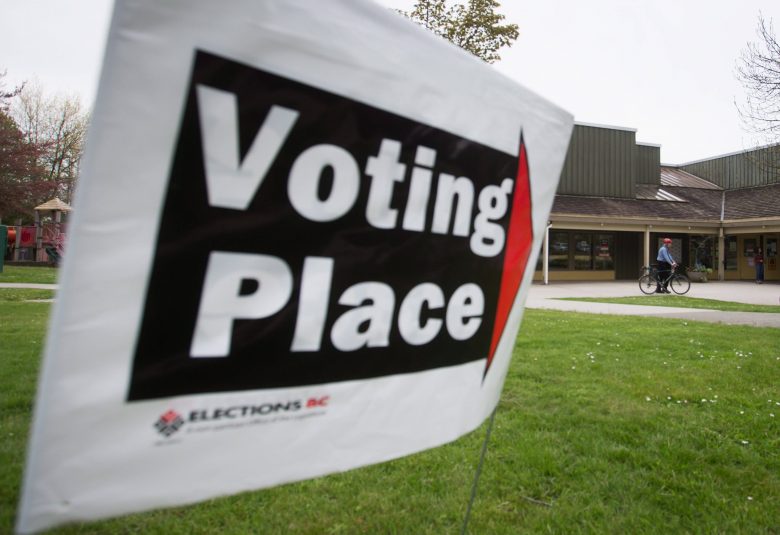B.C.’s chief electoral officer has issued multiple recommendations when holding general elections in the province.

The report highlights four main areas of concern, as well as a number of suggested modifications to the Election Act.
One of the main recommendations is facilitating youth participation by allowing 16- and 17-year-olds to pre-register to vote. That way, they would be automatically included on the list once they are 18.
WATCH: Elections BC against online voting
“The lowest voter registration rates are for young voters between 18-24 years of age, and there is a positive correlation between being registered to vote before General Voting Day and voting,” reads the report.
Another recommendation is to modernize the voting and counting process.
“Networked computers that allow for close to real-time electric strike-off of who has voted in the election. That’s largely a paper-based process at this point,” said Andrew Watson with Elections BC. “And another piece of technology within the proposed model is ballot tabulators that are used for counting the actual physical ballot.”
The report also suggests giving greater access to Elections BC to personal information – such as name, address and date of birth – held by public bodies so it can more easily update its voters’ list.
WATCH: New website helps B.C. voters contact their candidates

The last of the main recommendations is to extend the campaign period for an unscheduled general election. The current period in the province is 29 days, which Elections BC would like to extend by four to 10 days. Federally, the minimum required campaign period is 36 days.
The report makes some additional suggestions such as being able to use the place of arrest or trial as a residence option for those incarcerated, eliminating the nomination deposit or amending the basis upon which it’s refunded, and for candidates representing unregistered political parties to disclose political contributions.
The report asks that the legislative committee looks at the proposed changes, with the new model to be implemented within a span of three to six years.
- B.C. professor quits federal panel in protest of new disability benefit
- ‘Bad welcome to Canada’: White Rock stabbing victim’s wife angered by apparent random attack
- B.C. wildfire season off to early start with more than 100 already burning
- Trio of Metro Vancouver councillors call for end of B.C.’s decriminalization pilot








Comments